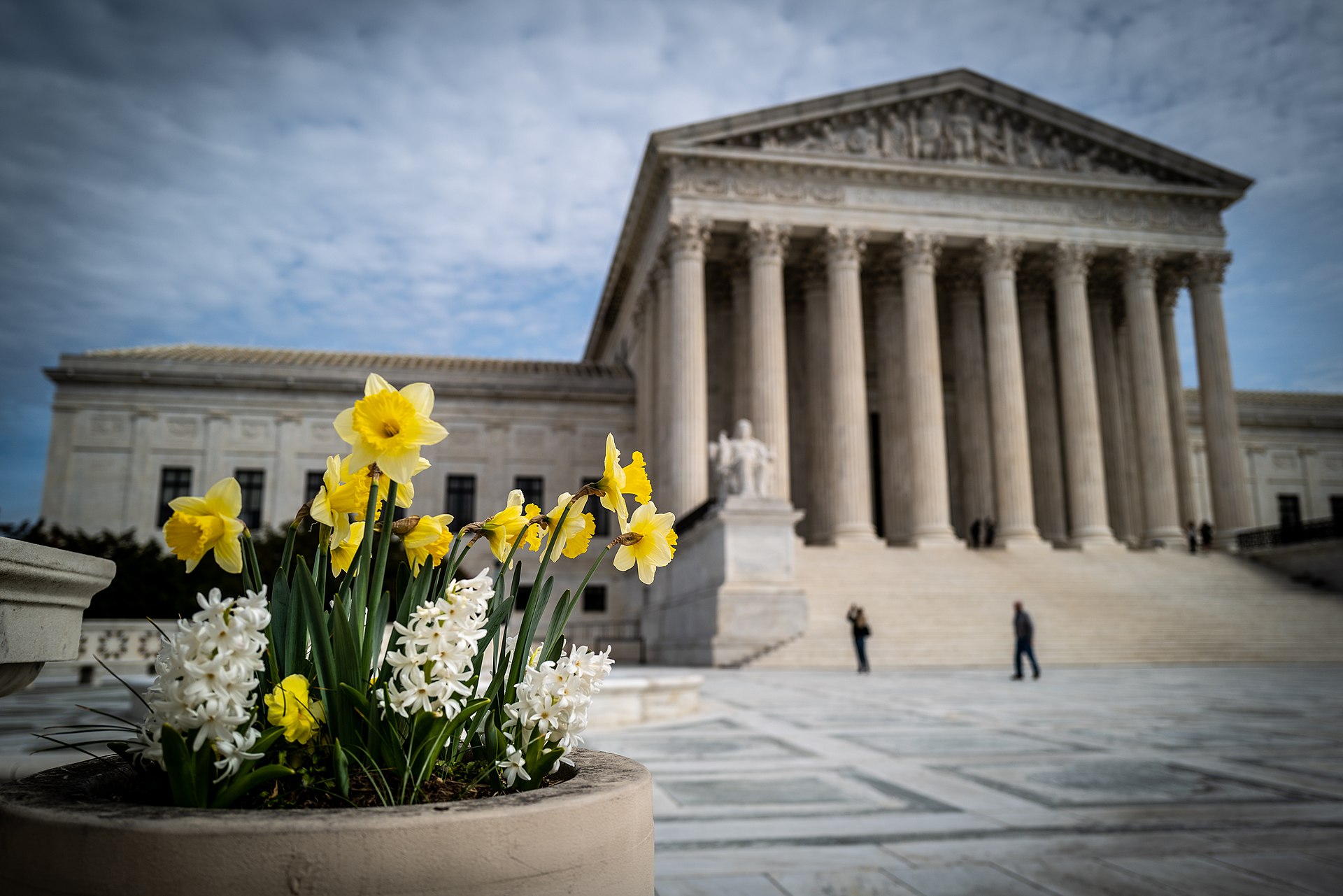The U.S. Supreme Court ruled unanimously in CIC Services v. Internal Revenue Service that CIC Services, a risk management consulting firm, may challenge an IRS records reporting regulation without first violating the new regulation and paying a tax penalty.
At issue was whether the Anti-Injunction Act (AIA), a federal law that bars lawsuits to prevent the assessment or collection of taxes, blocked CIC’s challenge in this case.
Elena Kagan delivered the opinion of the court on May 17, arguing that a "suit to enjoin a requirement to report information is not an action to restrain the 'assessment or collection' of a tax, even if the information will help the IRS collect future tax revenue.” For the court, that distinction meant that the AIA did not block challenges to such reporting requirements.
Justice Sonia Sotomayor wrote a concurring opinion arguing that the ruling in CIC may not apply to cases brought by individual taxpayers. Justice Brett Kavanaugh also wrote a concurring opinion, arguing that the CIC decision narrowed earlier court precedent about the AIA in a way he supported.
The U.S. Supreme Court sent the case back to the circuit court for further proceedings.
To learn more about the case, see here:
CIC Services v. Internal Revenue Service
Additional reading:
- Administrative Procedure Act
- Five pillars of the administrative state: Procedural rights
- Judicial review
- Administrative state
Link to the U.S. Supreme Court opinion:



